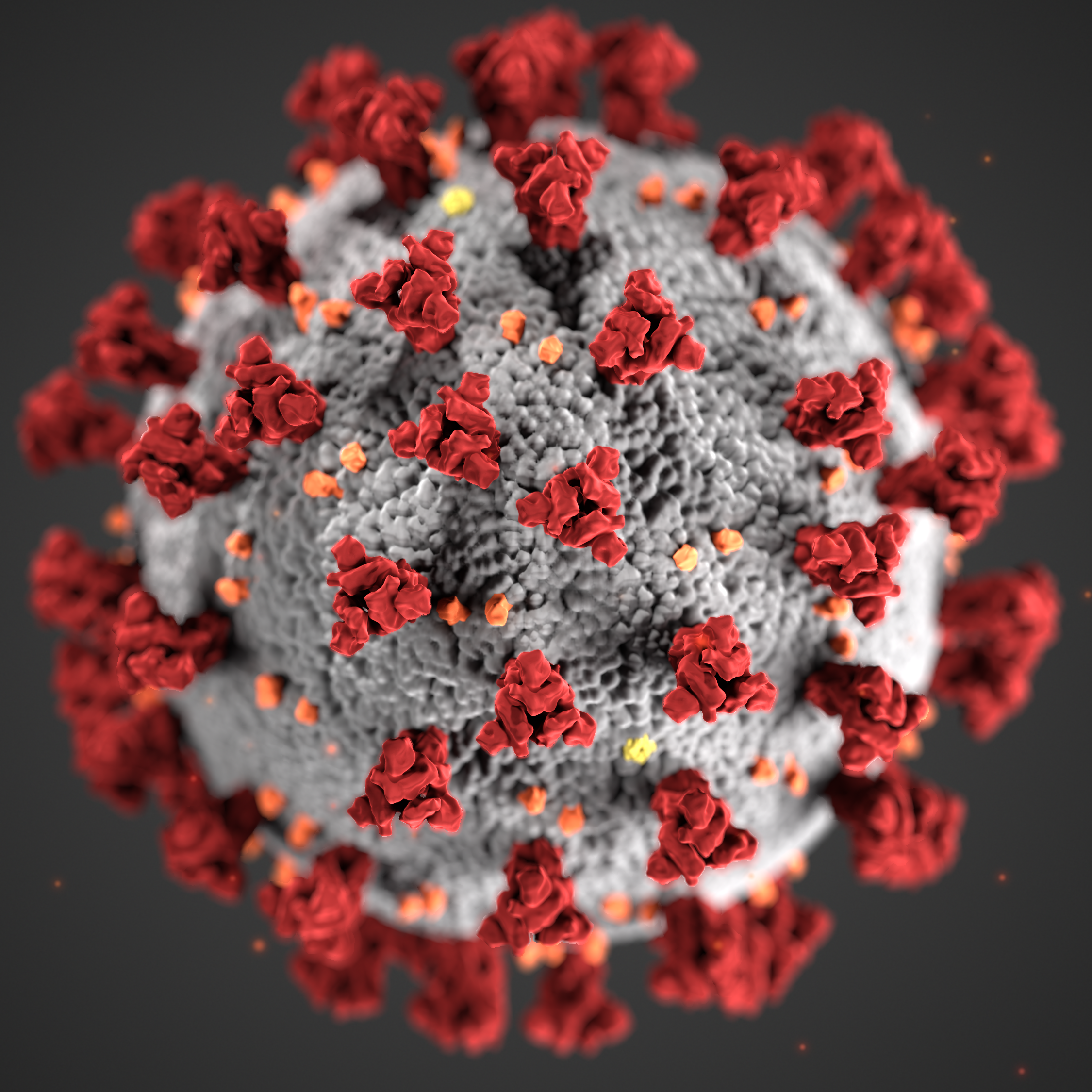What’s Up With Pets and COVID-19?
Recent news of a Clark County, Nevada man with the presumed diagnosis of COVID-19 has local pet owners asking owners what’s the risk to pets?
Can pets get COVID-19?
There aren’t any reports of pets actually getting clinically sick with COVID-19, and experts worldwide have stated that pets and other domestic animals aren’t a risk for spreading or contracting COVID-19.
There was however a 17-year-old dog in Hong Kong that was evaluated after the owner tested positive for COVID-19. The dog tested positive on swab samples of nose and throat, and then later was confirmed to have a low-level infection. The dog did not display any respiratory symptoms relative to COVID-19. Another dog quarantined at the same Hong Kong facility was tested, but was negative.
It’s not well understood what the positive dog’s test results mean, but the pet will continue to be evaluated and tested.
But I thought dogs get Coronavirus?
Actually, many animal species get their own form of coronaviruses, but these strains are different than COVID-19. Dogs get both a respiratory coronavirus and a gastrointestinal form. Canine respiratory coronavirus (abbreviated as CRCoV) is one of the various infectious agents in the complex of infectious agents that can cause illness in Canine Infectious Respiratory Disease Complex, also known as “Kennel Cough”. Besides Coronavirus, other infectious agents playing a part in Kennel Cough include Bordatella, Mycoplasma, Canine Distemper, Canine Parainfluenza, and Canine Influenza. There is no vaccine for canine respiratory coronavirus.
The gastrointestinal form, Canine enteric coronavirus (CECoV) typically causes mild level illness with diarrhea, mostly in puppies. In some cases when a dog is co-infected with Coronavirus and Parvovirus, their symptoms and outcome may be worse. There is a vaccination for the gastrointestinal virus, CECoV, but it isn’t commonly given because puppies recover with supportive care, and adult dogs are inherently resistant to the disease.
Cats and even ferrets also get their own varieties of coronaviruses, but it’s important to recognize these viruses are quite different from COVID-19 and pose no additional risk to the animals or pet owners.
Will the Canine coronavirus vaccine protect my dog from COVID-19?
No, there is no cross protection of the Canine Coronavirus vaccine for protection against COVID-19. However, to keep up with your pet’s preventative care health, follow your veterinarian’s recommendations including life-style based vaccinations, heartworm prevention, and regular deworming.
Should you handle your pets if you are sick?
Those infected with COVID-19 should avoid contact with animals in general. This includes avoiding sleeping with, snuggling, kissing or sharing food items with pets. If you must care for your pets while ill, it’s suggested to wash hands before and after, and wear a facemask.
What if I need to bring in my dog to the veterinary office and I’m sick?
If you are sick with respiratory symptoms and you planned on coming into the veterinary hospital for routine, non-emergency needs, we kindly ask you to stay home. Should your pet have emergency needs and you are sick with respiratory symptoms, please call to speak with our staff so that we can make alternate arrangements. We want to ensure our employees remain healthy to care for all our pet patients.
Covid-19 is a big topic and pet owners want to keep their pets safe as this situation unfolds. We are monitoring and will keep you informed as to the current veterinary recommendations.
For more information visit the CDC or AVMA websites:
https://www.cdc.gov/coronavirus/2019-ncov/faq.html#animals
https://www.avma.org/blog/what-do-you-need-know-about-coronavirus

